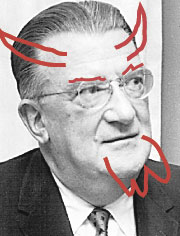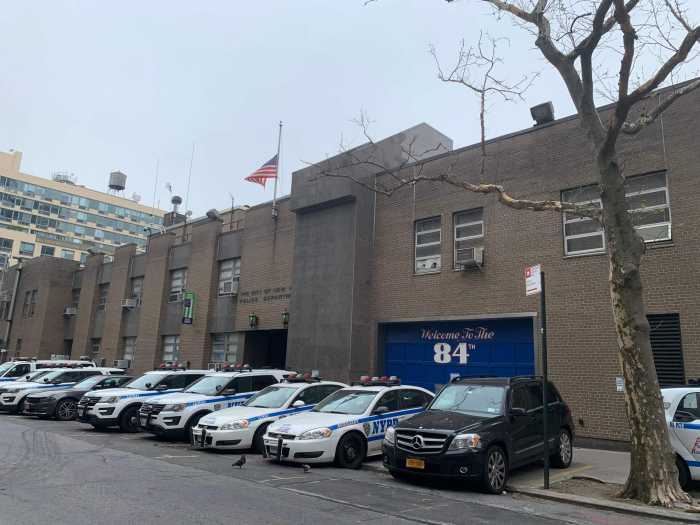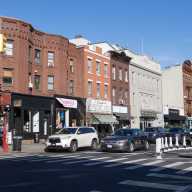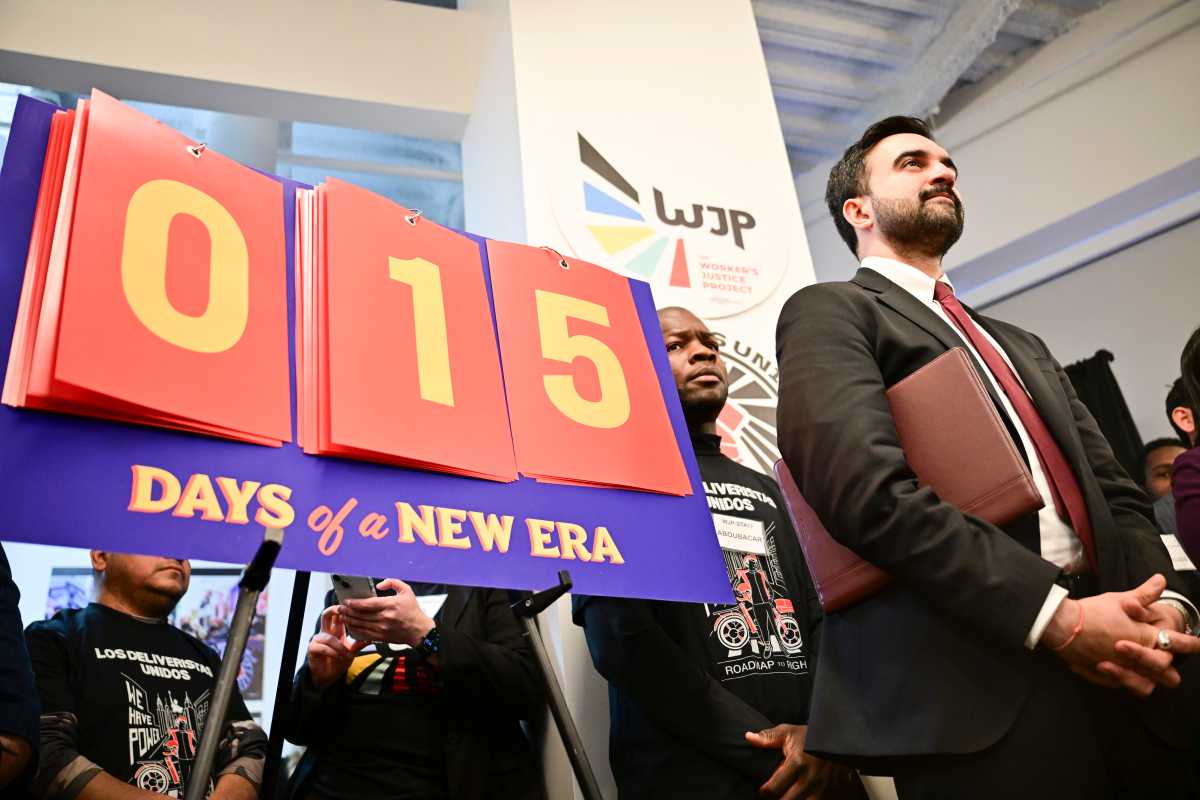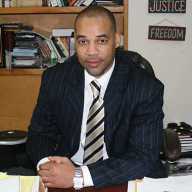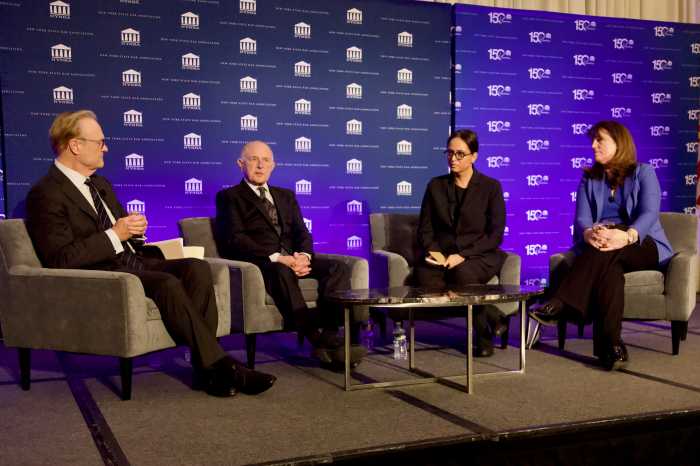The son of former Brooklyn Dodgers owner Walter O’Malley, perhaps the most reviled man in the history of the Western Hemisphere, will face down a borough still livid at losing its beloved Bums to Los Angeles more than half a century ago.
Peter O’Malley will make a rare public appearance at the Brooklyn Historical Society on March 21, along with Michael D’Antonio, the author of “Forever Blue,” a new biography of Walter, and New York Times sportswriter Richard Sandomir.
The junior O’Malley’s participation in the Q&A is the equivalent of a circus ringleader sticking his head into a hungry lion’s mouth. (What a surprise; he didn’t respond to requests for an interview to explain himself and his dad.)
D’Antonio’s biography was the result of that ultimate Faustian bargain: in exchange for giving the elder O’Malley a fair shake, the family gave the author access to thousands of pages of previously unavailable family documents.
As a result, D’Antonio portrays O’Malley in a more favorable light than some diehards may be willing to tolerate. Yes, sports fans, he largely excuses the hated O’Malley — whose name is typically listed with Hitler’s and Stalin’s on lists of the worst villains of the 20th century (though not always in that order) — for shipping the team to Tinseltown.
So here’s the revisionist history (or should that be “his story”?): O’Malley’s decision to flee Brooklyn only came after he “spent the better part of a decade trying to build a new stadium” in Brooklyn, D’Antonio told The Brooklyn Paper.
“The Dodgers needed to be able to seat more people. They needed more parking. They needed access to mass transit.”
D’Antonio says that the real scoundrels were Robert Moses, the master planner opposed to a new stadium in Brooklyn for Dem Bums, and an oblivious Mayor Robert Wagner.
“Wagner didn’t take seriously the problems of the Dodgers or the New York Giants — and he didn’t know what they meant to the city,” the author argues.
But facts be damned; it was O’Malley, not Moses or Wagner, who went down in history as a sun-loving Satan.
Other baseball historians understand D’Antonio’s reasoning, but refuse to let such a notorious ogre off the hook.
“I don’t see any reason to blame him 100 percent. But he didn’t do us any favors either,” said Tom Gilbert, a baseball historian.
“Baseball was mostly in the northeast in the 1950s. You had all these attractive untapped markets out there in the south and west. This enabled baseball clubs to threaten to move unless cities built them a stadium [so they] were suckering cities into giving them something for free.”
Brooklyn refused to play ball, forcing O’Malley’s hand, the book’s argument goes.
Clearly, this one will need extra innings to settle.
But Peter O’Malley may also face harsh questioning about why the Los Angeles version of the Dodgers have had such an arm’s-length relationship with the team’s birthplace.
With the wound from the Dodgers’ departure still oozing, the younger O’Malley was still enraging Brooklynites as recently as 1993 when he sued a Bay Ridge bar called “the Brooklyn Dodger” for — yes, believe it — copyright infringment.
A judge threw out the case in 1993. Yeah, great, but where was that jurist in 1957?
“Forever Blue” reading at the Brooklyn Historical Society [126 Pierrepont St., between Clinton Street and Monroe Place in Brooklyn Heights, (718) 222-4111], Saturday, March 21 at 1 pm. Free. Read an excerpt on SportsIllustrated.com


